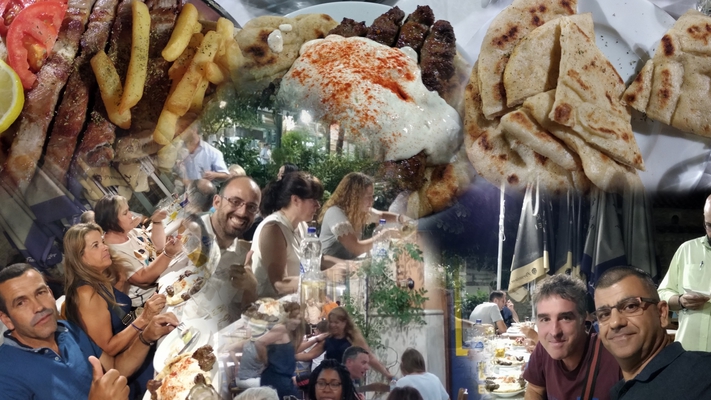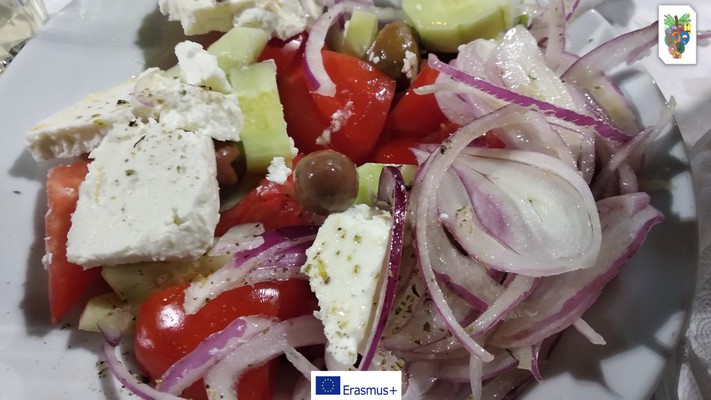Civilization and Culture of the Greek Islands
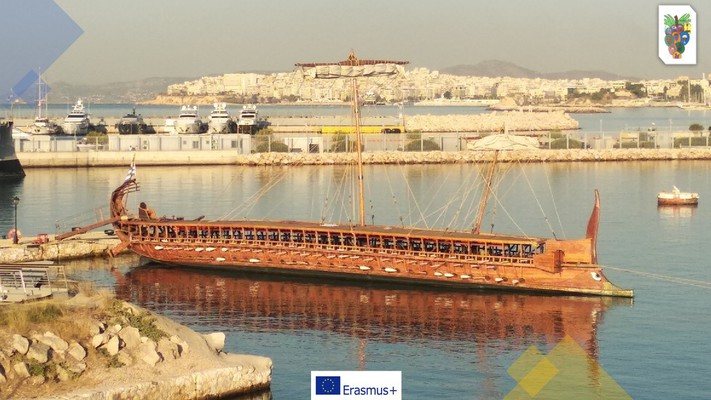
Greece has many islands, with estimates ranging from somewhere around 1,200] to 6,000, depending on the minimum size to take into account. The number of inhabited islands is variously cited as between 166 and 227.
The largest Greek island by area is Crete, located at the southern edge of the Aegean Sea. The second largest island is Euboea, which is separated from the mainland by the 60m-wide Euripus Strait, and is administered as part of the Central Greece region. After the third and fourth largest Greek Islands, Lesbos and Rhodes, the rest of the islands are two-thirds of the area of Rhodes, or smaller.
The Greek islands are traditionally grouped into the following clusters: the Argo-Saronic Islands in the Saronic gulf near Athens; the Cyclades, a large but dense collection occupying the central part of the Aegean Sea; the North Aegean islands, a loose grouping off the west coast of Turkey; the Dodecanese, another loose collection in the southeast between Crete and Turkey; the Sporades, a small tight group off the coast of Euboea; and the Ionian Islands, chiefly located to the west of the mainland in the Ionian Sea. Crete with its surrounding islets and Euboea are traditionally excluded from this grouping.
This article excludes the Peloponnese, which has technically been an island since the construction of the Corinth Canal in 1893, but is rarely considered to be an island.
Activity - Exploring, Filming, Documenting the Island of Hydra
Hydra (Greek: Ύδρα, pronounced [ˈiðra] in modern Greek) is one of the Saronic Islands of Greece, located in the Aegean Sea between the Myrtoan Sea and the Argolic Gulf. It is separated from the Peloponnese by a narrow strip of water. In ancient times, the island was known as Hydrea (῾Υδρέα, derived from the Greek word for "water"), a reference to the natural springs on the island.
The municipality of Hydra consists of the islands Hydra (pop. 1,948, area 49.6 km2 (19.2 sq mi)), Dokos (pop. 18, area 13.5 km2 (5.2 sq mi)), and a few uninhabited islets, total area 64.443 km2 (24.9 sq mi). The province of Hydra (Greek: Επαρχία Ύδρας) was one of the provinces of the Piraeus Prefecture. Its territory corresponded with that of the current municipality. It was abolished in 2006.
There is one main town, known simply as "Hydra port" (pop. 1,900 in 2011). It consists of a crescent-shaped harbor, around which is centered a strand of restaurants, shops, markets, and galleries that cater to tourists and locals (Hydriots). Steep stone streets lead up and outward from the harbor area. Most of the local residences, as well as the hostelries on the island, are located on these streets. Other small villages or hamlets on the island include Mandraki , Kamini, Vlychos , Palamidas, Episkopi, and Molos.
Source [ wiki ]
Posters -Exploring, Filming, Documenting the Island of Hydra
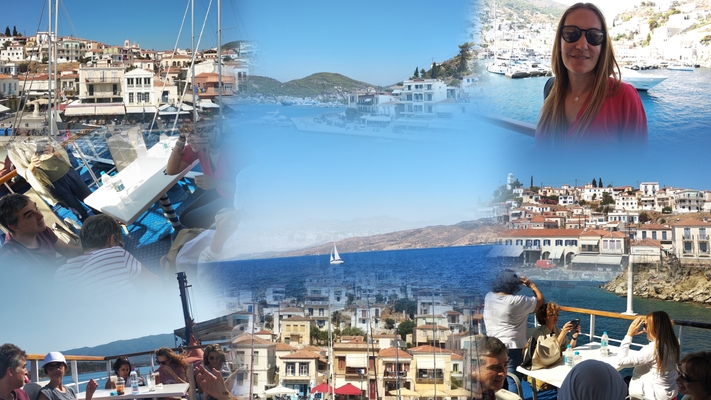
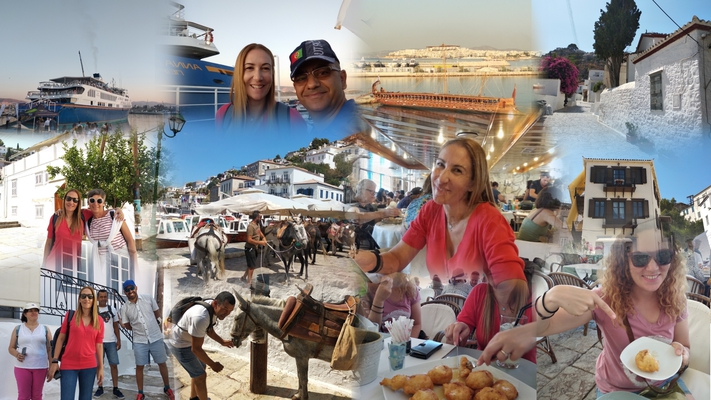
Social Activity - A Deep Dive into the Greek Cuisine
Greek cuisine (Greek: Ελληνική κουζίνα, romanized: Elliniki kouzina) is a Mediterranean cuisine. Greek cookery makes wide use of vegetables, olive oil, grains, fish, wine (white and red), and meat (including pork, poultry, veal, lamb, rabbit and beef). Other important ingredients include olives, pasta (especially hilopites, a kind of pasta similar to tagliatelle), cheese, lemon juice, herbs, bread, and yogurt. The most commonly used grain is wheat; barley is also used. Common dessert ingredients include nuts, honey, fruits, and filo pastries. It has a history of thousands of years with dishes originating from Ancient Greece, continuing into the Byzantine period and surviving until today. It has been influenced by Middle Eastern, Ottoman, and Italian cuisine and cuisines from the northern countries while also having exerted influence over these same areas throughout the years.
Source: [ wiki ]
Poster - A Deep Dive into the Greek Cuisine
